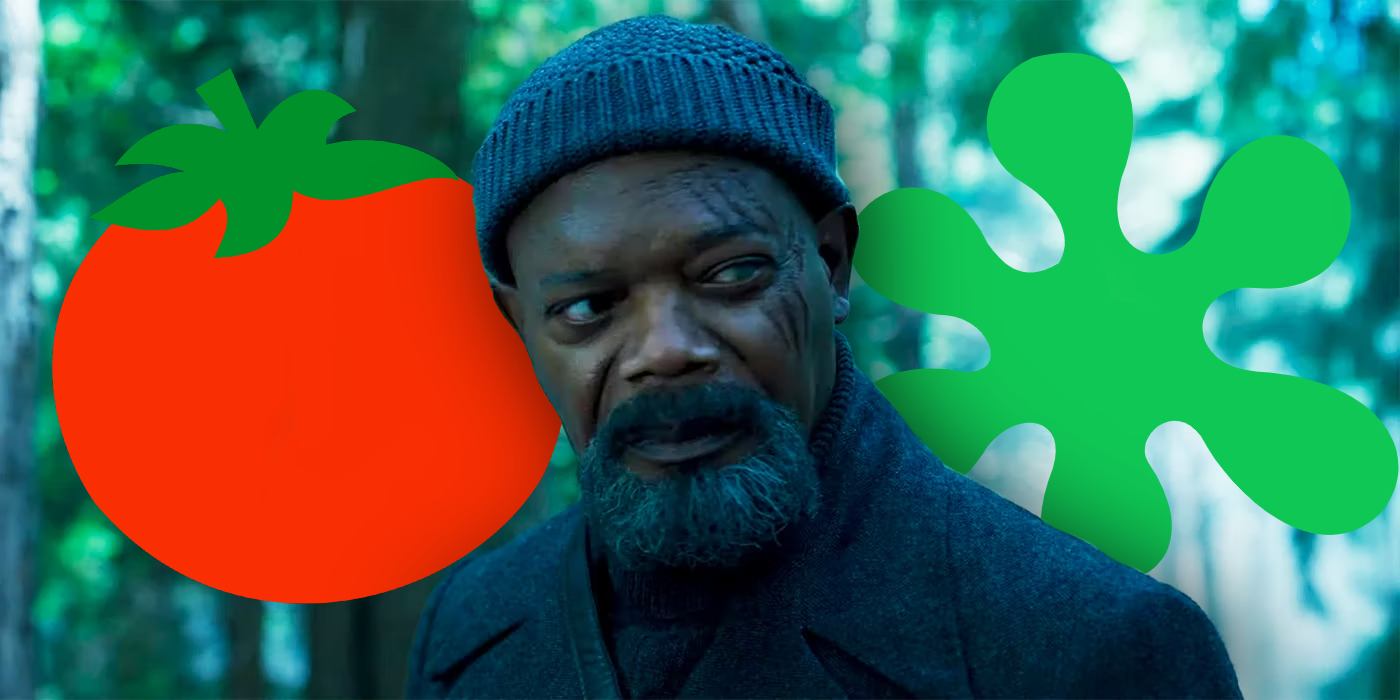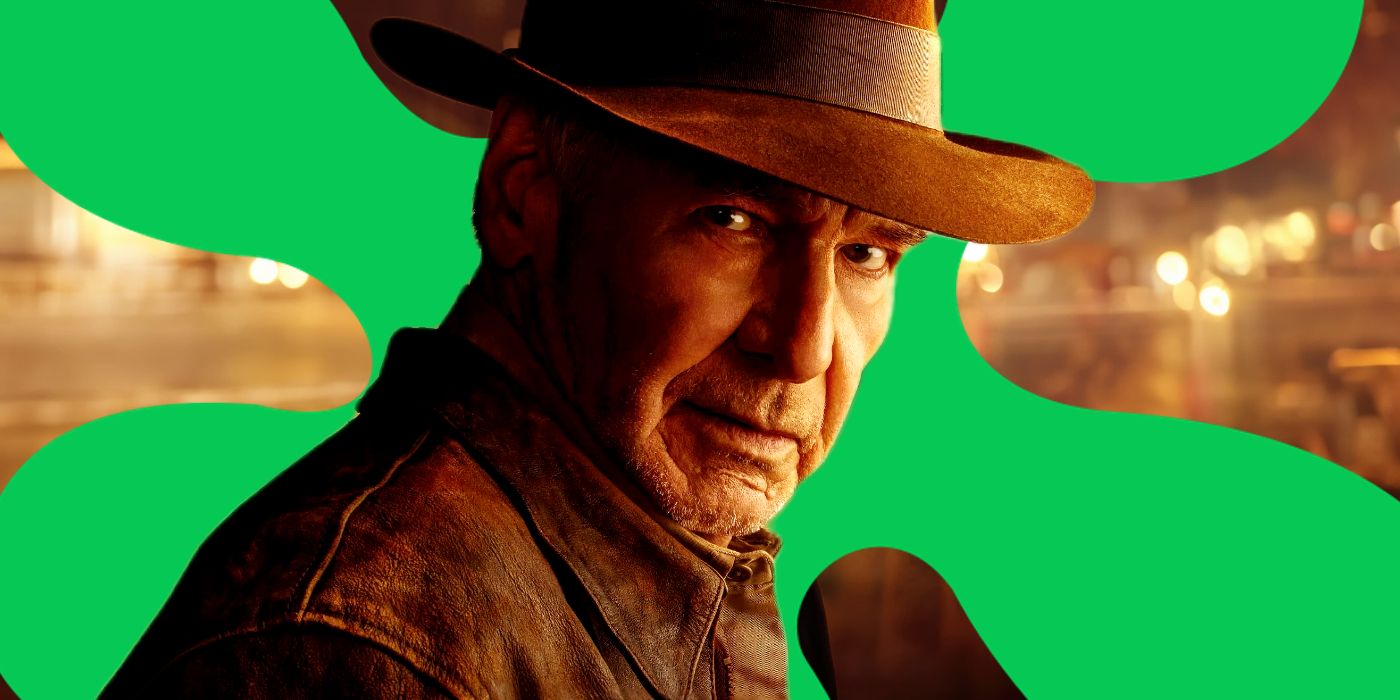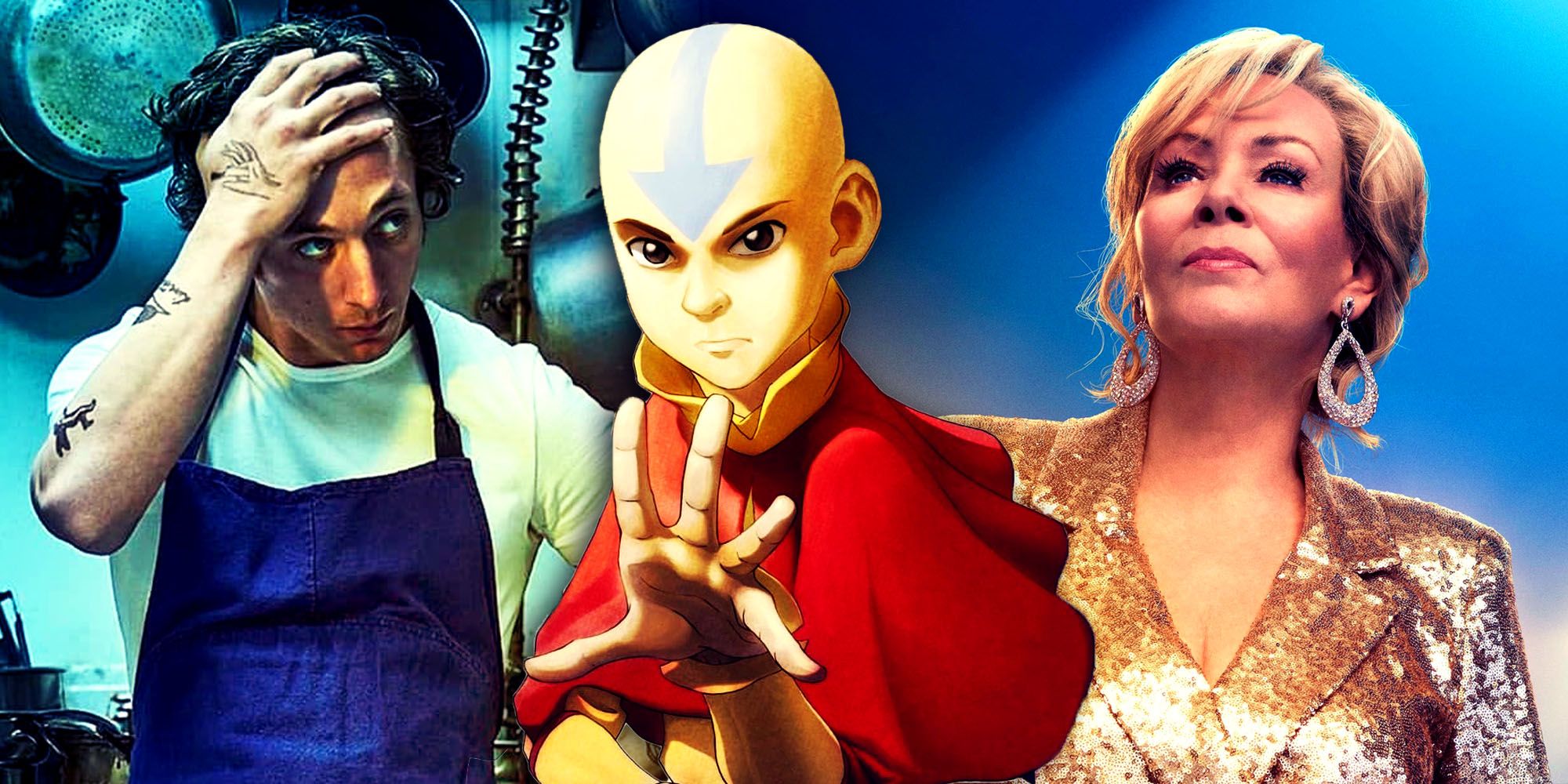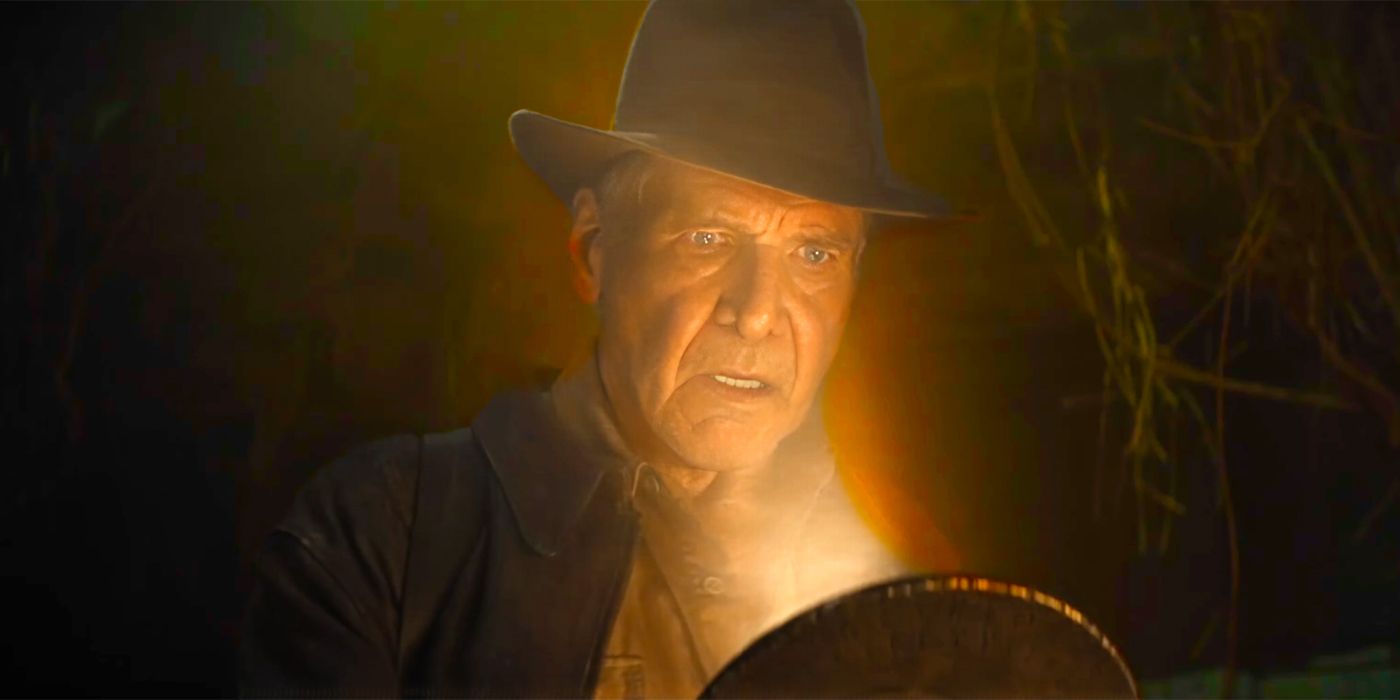
Comparing Dune Movies Through the Lens of Rotten Tomatoes

Exploring the cinematic journey of Dune films based on Rotten Tomatoes scores
Unveiling the Cinematic Odyssey of Dune Movies
In the realm of cinematic adaptations, the Dune franchise has traversed a tumultuous path, oscillating between critical acclaim and commercial dismay. From David Lynch's 1984 rendition to Denis Villeneuve's contemporary saga, the evolution of Dune on the silver screen has been a rollercoaster ride of artistic interpretations and audience reception.
The Lynchian Legacy: Dune (1984)
Venturing into the treacherous terrain of adapting Frank Herbert's 'unfilmable' novel, David Lynch embarked on a cinematic odyssey that ultimately met with polarizing reviews. Despite being a highly ambitious adaptation that attempted to capture the sprawling scope and complex themes of the original novel, Lynch's Dune faced numerous challenges during its production. Budget constraints, creative differences, and studio interference plagued the film, hindering its ability to fully realize Herbert's visionary world.
When Dune was released in 1984, it received a Rotten Tomatoes score of 37%, reflecting the mixed critical reception it garnered. While some critics praised Lynch's unique and surreal vision, others found the film confusing and convoluted. Despite its critical and commercial failure at the time, Dune has gained a cult following over the years, with audiences appreciating its distinctive visual style and ambitious storytelling.
Villeneuve's Vision: Dune: Part One (2021) and Beyond
In contrast to Lynch's tumultuous journey, Denis Villeneuve's bifurcation of the epic tale into 'Dune: Part One' and the upcoming 'Dune: Part Two' has garnered widespread acclaim and accolades. Villeneuve's adaptation of Dune: Part One presented a more faithful and comprehensive portrayal of Herbert's novel, capturing its sprawling universe and intricate narrative.
Released in 2021, Dune: Part One received an impressive Rotten Tomatoes score of 83%, reflecting the critical acclaim it received. The film was praised for its stunning visuals, immersive world-building, and strong performances. Villeneuve's meticulous attention to detail, seamless fusion of CGI marvels and practical effects, and his ability to capture the essence of the source material resonated with both critics and audiences alike. The decision to split the novel into two parts allowed Villeneuve to delve deeper into the story, providing a more comprehensive and satisfying viewing experience.
As the anticipation mounts for 'Dune: Part Two' set to release in 2024, Villeneuve's visionary prowess promises to elevate the Dune saga to new heights. Fans eagerly await the conclusion of Paul Atreides' journey and anticipate even more impressive visuals, gripping storytelling, and thought-provoking themes.
A Glimpse into the Future: Dune: Part Two
While the audience score for 'Dune: Part Two' remains shrouded in mystery, early glimpses into the cinematic marvel hint at a breathtaking visual extravaganza. Building upon the foundation laid by 'Dune: Part One', the upcoming film is expected to deliver an even more immersive and awe-inspiring experience.
Denis Villeneuve has teased that 'Dune: Part Two' will delve deeper into the political and religious themes of Herbert's novel, providing a thought-provoking exploration of power, destiny, and the consequences of choice. The grandeur of colossal sandworms and celestial spacecrafts, meticulously crafted by Villeneuve's masterful direction, beckons viewers into a realm where reality seamlessly intertwines with fantasy. As the cinematic landscape braces for the release of 'Dune: Part Two,' the echoes of anticipation and awe reverberate through the corridors of film aficionados worldwide.
Deciphering Audience Sentiments
Beyond the numerical metrics of Rotten Tomatoes scores lie the enigmatic tapestry of audience sentiments that weave the fabric of cinematic interpretations. While Lynch's Dune may have garnered a modest 65% audience score, the underlying discord between directorial vision and audience reception echoes through the annals of cinematic history. It highlights the subjective nature of film appreciation, where different viewers bring their own expectations and interpretations to the table.
In contrast, Villeneuve's magnum opus not only captivated critics but also resonated with audiences, as evidenced by the soaring 90% audience score for 'Dune: Part One.' The film's ability to strike a chord with viewers, evoking emotional responses and an overall sense of enjoyment, speaks to its success in translating Herbert's beloved novel to the screen. As the narrative unfolds in 'Dune: Part Two,' the audience's verdict remains a tantalizing enigma, poised to unravel the intricate dynamics of cinematic storytelling and further illuminate the impact of this epic franchise.
Embracing the Cinematic Spectacle
As the sands of time shift and the cinematic horizon expands, the Dune franchise stands as a testament to the enduring allure of speculative fiction on the silver screen. From the visionary realms of Frank Herbert's literary opus to the visual splendor crafted by cinematic maestros, the journey of Dune encapsulates a saga of artistic evolution and audience resonance.
Throughout the various adaptations, the Dune films have pushed the boundaries of cinematic technology and created memorable and iconic images. Lynch's Dune, despite its flaws, showcased his unique and surreal vision while attempting to capture the grandeur of Herbert's universe. Villeneuve's Dune: Part One raised the bar with its stunning visuals, immersive world-building, and meticulous attention to detail, captivating audiences with its cinematic spectacle.
As audiences brace themselves for the impending release of 'Dune: Part Two,' the echoes of anticipation and reverence reverberate through the corridors of cinematic aficionados, heralding a new chapter in the timeless legacy of Dune on the silver screen. The franchise's ability to transport viewers to fantastical realms, ignite their imaginations, and provoke thought has solidified its position as a true cinematic spectacle that continues to captivate audiences across generations.













